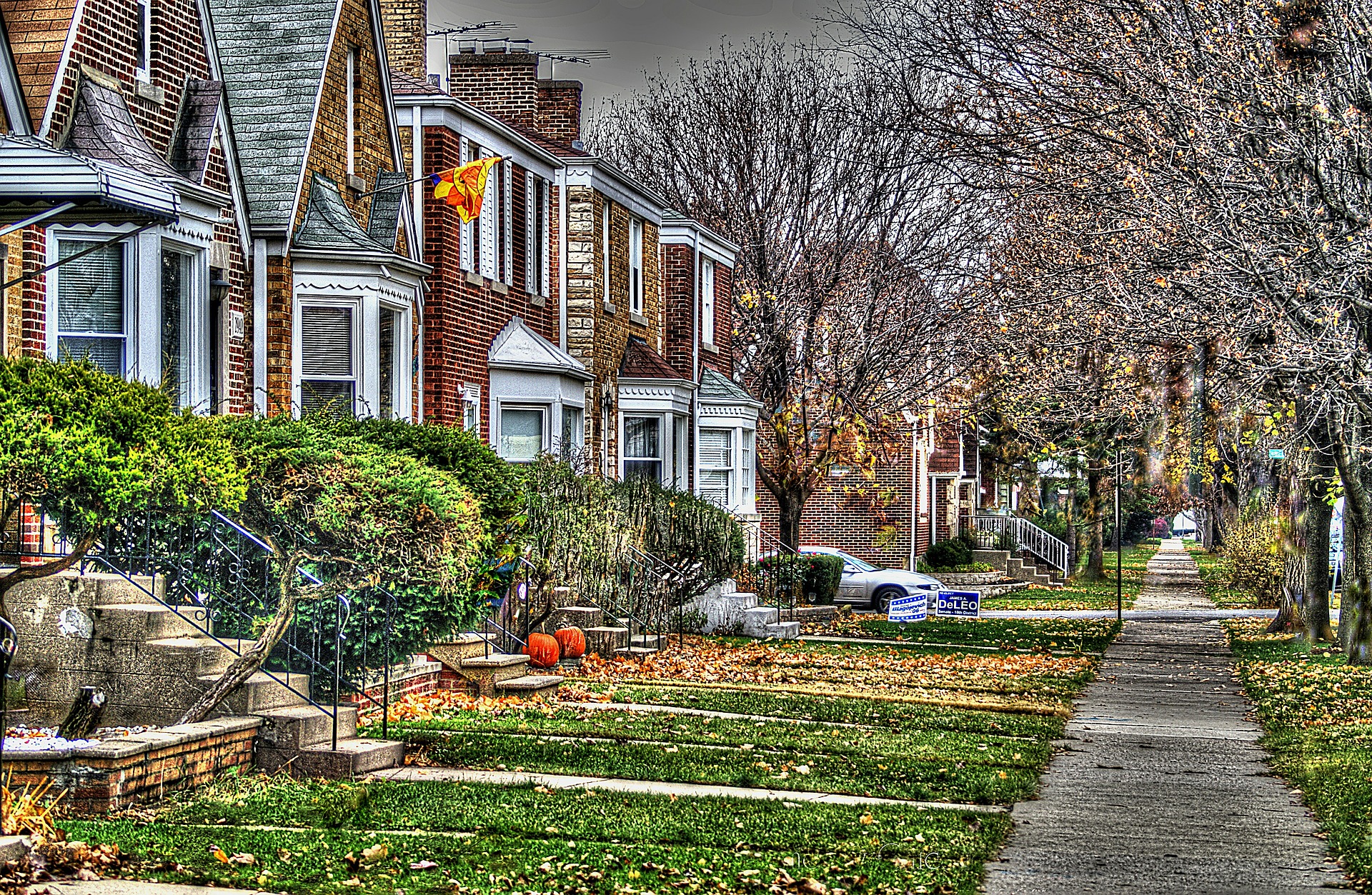A Municipal Law That Governs Most Tenancies in Chicago
If you’re a landlord in the Windy City, it’s essential you know the Chicago Residential Landlord and Tenant Ordinance, also known as the RLTO.
The ordinance has been in effect since 1986 and outlines many of the city’s regulations and rules that govern the relationship between a landlord and tenant. Understanding the municipal ordinance can help in avoiding unnecessary conflicts and disputes with your tenants. A summary of the ordinance, by law, must be attached to the lease. If you are a landlord in Chicago and fail to provide a summary of RLTO, your tenant has the right to terminate the lease upon notice.
The RLTO applies to all apartment buildings in Chicago unless:
- the building has 6 or fewer units and the landlord lives there.
- Hotels, motels and rooming houses (private houses where rooms are rented for living or staying temporarily), unless the tenant pays rent on a monthly basis and the unit is occupied for over 32 days.
- School dormitories, shelters, employees’ quarters and non-residential rental properties.
- Co-ops and condominium that the owner occupies.
What Tenants Need To Know:
43 percent of Chicago residents rent according to the most recent data from DePaul’s Institute for Housing Studies, and the RLTO dictates that they have to pull their weight as well.
Some of the basics of what tenants are required to do are:
- Buy and install working batteries in smoke and carbon monoxide detectors within the tenant’s apartment.
- Keep the unit safe and clean.
- Use all equipment and facilities in a reasonable manner.
- Not deliberately or negligently damage the unit.
- Not disturb other residents.
Landlord Remedies:
- If your tenant fails to pay the rent you can terminate the rental agreement after giving a 5 days written notice.
- If the tenant fails to comply with the Code or the rental agreement, the landlord, after giving 10 days written notice to the tenant, may terminate the rental agreement if tenant fails to correct the violation.
- If the tenant fails to comply with the Code or the rental agreement, the landlord may request in writing that the tenant comply as promptly as conditions permit in the case of emergency, or within 14 days. If the breach is not corrected in the time period specified, the landlord may enter the dwelling unit and have the necessary work done. In this case, the tenant shall be responsible for all costs of repairs, including roofing repairs which can be done by professionals like Roofer Broken Arrow and others.
Security Deposits:
As a landlord, you are legally required to provide a receipt to your tenant for a security deposit. A receipt must be provided when the deposit is made and it must be signed by the person receiving the deposit, include the name of the person receiving the deposit and the name of the landlord, if the person receiving the deposit is not the landlord. The amount of the deposit is also a requirement as is the date it was made. The tenant must also be given the name and address of the financial institution where the deposit is maintained. If a receipt meeting these requirements is not given, the tenant is entitled to return of the security deposit and to damages against the landlord of double the amount of the security deposit plus interest at 5% per annum.
Read a summary of the ordinance here or download the whole thing here.
